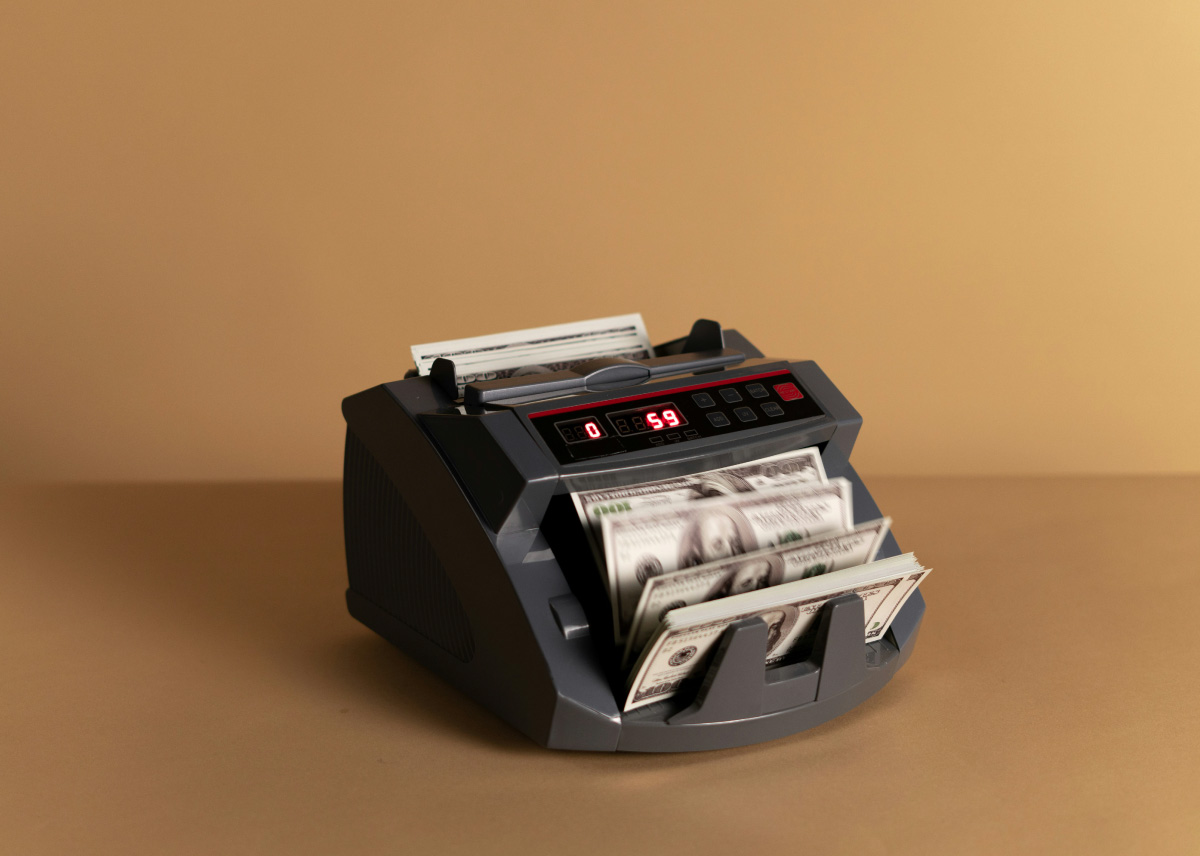News
Dollar’s decline threatens to push inflation back to 4%
A 10% slide in the U.S. dollar could lift inflation back toward 4%, undermining the Fed’s rate cuts just as political pressure builds from the Trump White House
Read more about Dollar’s decline threatens to push inflation back to 4%
AI boom, labor bust: The contradictions driving the Trump economy
U.S. GDP is surging even as job growth weakens — a contradiction that Apollo’s Torsten Slok says stems from AI adoption and falling immigration.
Read more about AI boom, labor bust: The contradictions driving the Trump economy
Boomers keep buying, young Americans keep waiting: The housing ladder is broken
Despite owning 40% of U.S. real estate wealth, Baby Boomers still dominate homebuying, leaving younger Americans priced out and falling behind.
Read more about Boomers keep buying, young Americans keep waiting: The housing ladder is broken
Subprime auto lender Tricolor’s collapse exposes fragility in credit markets
As Tricolor unravels and banks face losses, surging auto and credit card delinquencies warn of deeper cracks in household finances.
Read more about Subprime auto lender Tricolor’s collapse exposes fragility in credit markets
Labor market in freefall? Indeed job listings slide for third year running as AI, stagflation fears grow
The latest data from Indeed shows U.S. job postings barely above Covid-era levels, while businesses brace for mass workforce cuts amid AI disruption, fueling fears of stagflation
Read more about Labor market in freefall? Indeed job listings slide for third year running as AI, stagflation fears grow
America is ‘sitting out’ the largest trade of a generation as China quietly accumulates, strategist warns
As central banks hoard gold, the U.S. risks losing leverage by sitting out the rush, even as inflation and debt fears mount
Read more about America is ‘sitting out’ the largest trade of a generation as China quietly accumulates, strategist warns
Inflation creeps back, just as the Fed lets its guard down
Fresh data show inflation entrenched across most categories, challenging the central bank’s decision to cut rates last week
Read more about Inflation creeps back, just as the Fed lets its guard down
Recession signal? U.S. freight industry collapses to 2008 levels
A key freight index has plunged to crisis-era lows, underscoring how collapsing shipments and weak manufacturing point to a deeper U.S. slowdown.
Read more about Recession signal? U.S. freight industry collapses to 2008 levels
America’s most powerful export isn’t what you think
America's most valuable and least visible export is one most people overlook: the U.S. dollar itself.
Read more about America’s most powerful export isn’t what you think
TikTok deal masks deeper U.S.-China tensions as Beijing dumps Treasury holdings
Beijing slashed its Treasury holdings by $26 billion in July, the lowest since 2008, underscoring a strategic shift away from dollar reliance.
Read more about TikTok deal masks deeper U.S.-China tensions as Beijing dumps Treasury holdings
The largest quarterly profit in banking history may hint at Wall Street’s future
After Credit Suisse’s acquisition, UBS has reported a record-breaking profit. But it's not the sheer number that's most notable...
Read more about The largest quarterly profit in banking history may hint at Wall Street’s future
An economic slowdown carries a potential windfall for your nest egg
As counterintuitive as that sounds, experts remind investors that a slowing economy could be a good thing for a part of your nest egg
Read more about An economic slowdown carries a potential windfall for your nest egg
$150 oil and stagflation: Wall Street mulls over Israel-Hamas war risks
Analysts warn of a new inflationary spiral and stagflation if oil prices surge to new highs
Read more about $150 oil and stagflation: Wall Street mulls over Israel-Hamas war risks
Will the Fed engineer a recession to fix the economy?
It’s entirely possible that starting a recession is the Fed’s best shot to align its conflicting objectives today.
Read more about Will the Fed engineer a recession to fix the economy?
Wall Street is a landlord to millions of Americans, new research finds
Private equity firms buy upward of 25% of all houses on the market
Read more about Wall Street is a landlord to millions of Americans, new research finds
U.S.'s debt is almost as big as its entire economy—and there's no plan to fix it
Faced with a $34 trillion deficit, U.S. policymakers should be racing against the clock to fix the country’s finances—but they’re not
Read more about U.S.'s debt is almost as big as its entire economy—and there's no plan to fix it
Trump: ‘I have the right’ to influence the Fed, but not order it
The ex-president believes the White House and the Fed should work closely in setting interest rates
Read more about Trump: ‘I have the right’ to influence the Fed, but not order it
This indicator has everyone sweating about the Fed’s next move
Is the U.S. labor market as strong as it appears at the surface?
Read more about This indicator has everyone sweating about the Fed’s next move
















